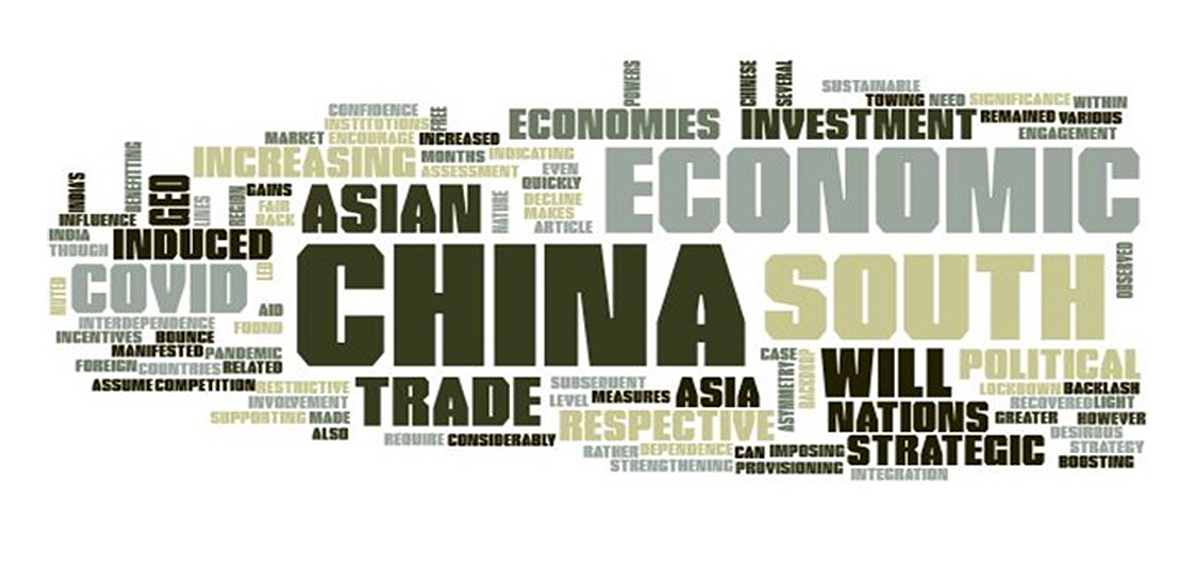Volume 4

Mixed method research on lifelong learning: capturing its dynamics in a multi-generational workforce in the wake of COVID 19
The coronavirus outbreak has ignited significant disruptions across industries. An agile mindset to assimilate learning into life is mandatory to be able to perform in the redesigned workplace. The pandemic is disrupting the workforce of all the generations. The present mixed-method study seeks to examine the differences in lifelong learning attribute of the prominent generations in the Indian workforce through qualitative, in-depth interviews followed by a more generalisable, quantitative survey. The qu...
Volume 4

Can foreign direct investment promote BIT signing?
Compared to the vast number of previous studies on the impact of bilateral investment treaties (BITs) on Foreign Direct Investment (FDI), this paper empirically analyses how previous FDI affects BIT signing by using annual data covering 258 countries for the period 2002–2012. We find that the likelihood of signing BITs between two countries is higher when the country-pair has a larger sum of FDI stock and a larger FDI difference, and this effect is more pronounced in middle- and low-income countries th...
Volume 4

Stepping up the game–meeting the needs of global business through virtual team projects
Virtual collaboration provides students with an opportunity to develop cultural intelligence while fitting into the team where the members are from diverse cultures. The purpose of this study is to explore whether global virtual team (GVT) projects raise students' understanding of cultural differences. In addition, it is interesting to know how internationally disruptive events such as the coronavirus disease 2019 (COVID-19) pandemic influence GVT projects. The research involved two parts: In the first p...
Volume 4

Economic Interdependence Since COVID-19: China and South Asia
In the backdrop of COVID-19-induced geo-political backlash against China, the article makes an assessment of the nature of economic interdependence of South Asian nations with China. Though COVID-19-induced lockdown led to a decline in trade with China, it recovered quickly in subsequent months. In the case of India, even after imposing restrictive measures, trade with China was found to bounce back indicating to a greater dependence on China. Further, asymmetry in economic engagement with China could be...
Volume 4

Socio-Economic Condition of Small-Scale Producers in Varanasi: A Case of Banaras Brocade and Saree
Geographical indication is a designation or sign intended to protect certain products that are located in a geographical locality or origin. The vast diversity of handicrafts produced throughout India reflects India's rich cultural heritage and centuries of evolutionary tradition. One such prominent product under the category of Geographical Indication is “BanarasiSilk and Brocade”. Banarasi Silk products have a ready market at home and abroad but the industry has been experiencing a significant decl...
Volume 4

Acceptance of MOOCs as an alternative for internship for management students during COVID-19 pandemic: an Indian perspective
The objective of this paper is to understand the benefits and utility of massive open online courses (MOOCs) as perceived by the student, vis-à-vis internship and determine the factors that influence student motivation and distraction in adoption of MOOCs. An empirical study is conducted through a survey; data are collected through a structured questionnaire. The technology acceptance model (TAM) is used as the base framework. For data analysis, Statistical Product and Service Solutions–Analysis of Mo...